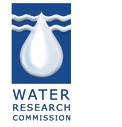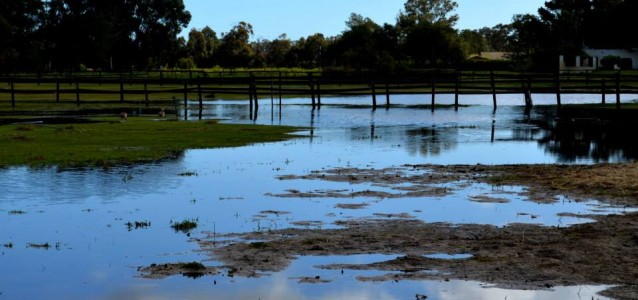South Africa has a high-risk agro-hydrological environment which is likely to be exacerbated under conditions of climate change. It is widely recognised that ongoing changes in climatic conditions will generally have an adverse effect on, amongst others, agricultural production, biodiversity and water resources. Agriculture is a key sector in the economy with regard to rural livelihoods and food security and it is therefore vital to pro-actively access potential impacts of climate change on this sector.
The National Disaster Management Framework of South Africa, a legal instrument specified by the Disaster Management Act, No 57 of 2002 recognises a diversity of risks and disasters that occur in Southern Africa, and gives priority to developmental measures that reduce vulnerability of disaster-prone areas, communities and households. In addition, the National Climate Change Response Strategy for South Africa, compiled in 2004, aims to address issues identified as priorities for dealing with climate change in each sector in the country. These documents informed the recently completed Climate Change Sector Plan for Agriculture compiled by the Department of Agriculture. The plan seeks to address institutional arrangements, vulnerability assessments, adaptation and mitigation as well as response and recovery of the agricultural sector as a result of climate change.
Research related to vulnerability and adaptation is identified in the plan as a priority. There is a lack of integrated knowledge regarding the vulnerability of agriculture in terms of climate change and water availability. Therefore this project aims to investigate the impact of projected climate change on agriculture; assess the vulnerability of crops, rangelands and farming households and enterprises; and identify and suggest appropriate adaptive techniques and practices in selected catchments and farming areas. The report will provide an assessment of the vulnerability of different farming systems to climate change. It will evaluate alternative adaptation practices and techniques (indigenous and science-based knowledge) and if necessary develop and test innovative, appropriate and sustainable interventions, including internal management measures and external policy measures.
This project is being lead by the University of Cape Town and funded by the Water Research Commission (WRC). For more information please contact Peter Johnston of the Climate System Analysis Group.

